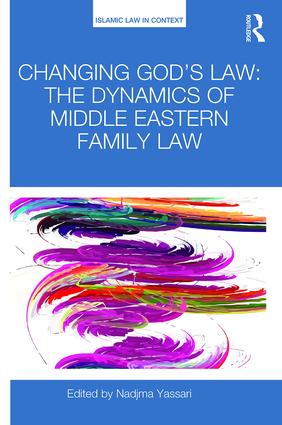
This volume identifies and elaborates on the significance and functions of the various actors involved in the development of family law in the Middle East. Besides the importance of family law regulations for each individual, family law has become the battleground of political and social contestation.
Divided into four parts, the collection presents a general overview and analysis of the development of family law in the region and provides insights into the broader context of family law reform, before offering examples of legal development realised by codification drawn from a selection of Gulf States, Iran and Egypt. It then goes on to present a thorough analysis of the role of the judiciary in the process of law-making, before discussing ways the parties themselves may have shaped and do shape the law.
Including contributions from leading authors of Middle Eastern law, this timely volume brings together many isolated aspects of legal development and offers a comprehensive picture on this topical subject. It will be of interest to scholars and academics of family law and religion.